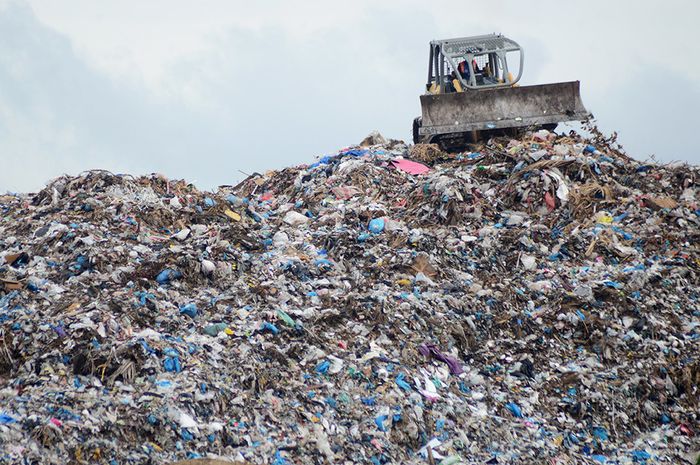It is estimated that 1.3 billion tonnes of plastic will fill Earth by 2040 — both on land and in the oceans — if nothing is done to prevent it. This figure is derived from a global model of the scale of the plastics problem over the next 20 years.
Dr Costas Velis from the University of Leeds said that the results of the study, which were published in the journal Science, were very surprising. However, he argues, "we have the technology and the opportunity to stem it".
"This is the first comprehensive assessment of depiction in 20 years," said Dr Velis, quoted by the BBC.
"It's hard to count because plastics are found everywhere in the world. However, if you have to imagine it, then the plastic will roughly cover the UK 1.5 times as much, "he added.
Also Read: I Choose Earth: Again, Microplastic and Synthetic Fiber of Clothing Found in Shark Stomach
To turn this complex problem into numbers, researchers tracked the production, use and disposal of plastic around the world. The team then created a model for predicting future plastic pollution.
Judging from the trend, there will be an increase in plastic production and no significant change in the recycling action. The results also show that it is estimated that the Earth will have 1.3 billion tonnes by 2040.
Dr Velis added that if precautionary action was taken, modeling would reveal that there are 710 million tonnes of plastic in our environment in the next two decades.
Also read: Flash floods with black mud lunge Arizona, what causes it?
In the case of waste, rarely do people highlight that there are an estimated two billion people who do not have access to proper waste management.
"So they have no choice but to burn or dispose of the trash," said Dr Velis.
He added that government policies in overcoming waste pollution are also an important part of solving this problem.

No comments:
Post a Comment